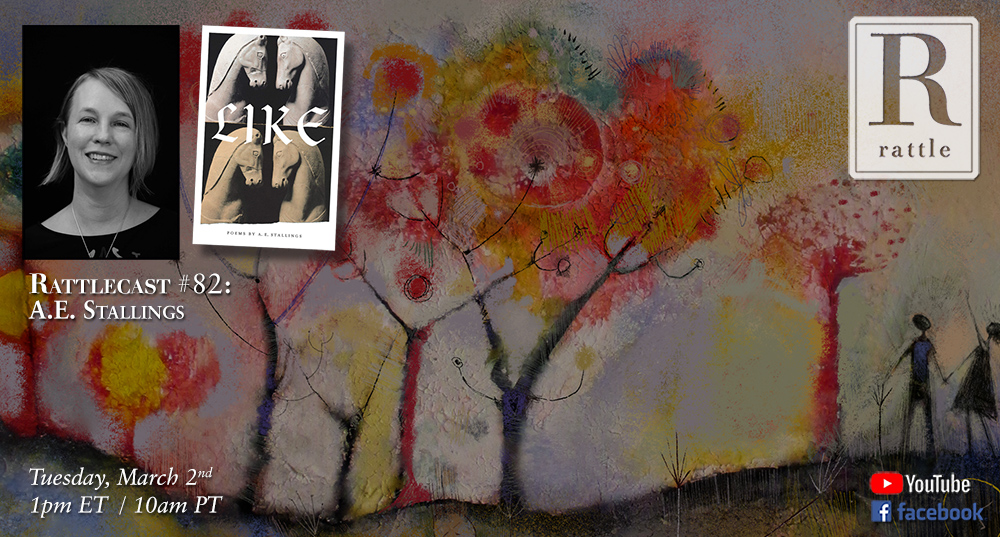March 2, 2021Deictic
Piraeus Archaeological Museum
Dear A.,
Even before the virus, these
Were nearly empty galleries,
But now we have these cluttered shelves
And halls of statues to ourselves.
Stickers on the floor, in Greek,
Tell us “Watch your apostasies”:
“Mind your distance,” so to speak.
But since the guards outnumber us
There is no nearness we need fear,
No tourists herded from a bus;
Here on the coast, the coast is clear.
We follow arrows on the floor
And shoulder open the glass door.
First there’s the cargo from a storm-
Sunk ship destined for Italy
To decorate some temple there
Or private villa—here’s a frieze
Of graceful dying Amazons
As if but dancing into death,
Short skirts aflutter at their knees.
And here’s colossal Hadrian’s
Armed torso, huge head. Now we see
Balbinus with his marble stare,
Emperor for a three-month term,
Lathed by wave and drilled by worm.
Up a flight of steps we pass
(One way—floor stickers say, “be smart!”),
Here an Apollo, sea-green bronze,
Stands archaically and stiff
Near goddesses with eyes of glass
And an emasculated herm.
In the next gallery, a mass
Of grave goods from life’s everyday—
Needles, mirrors, combs. As if
Dropped into stillness after play,
Small children’s toys, shard of a pot
On which a practiced alphabet
Breaks off before omega moans,
And here, a game of knuckle bones.
Here is the poet’s grave, the harp’s
Triangulation, flats and sharps,
Its brittle dark hypotenuse;
Here are the measurements of man:
The cubit, foot, the palm, the span,
Carved standards in the marketplace,
To keep those honest who would cheat;
Inscription on the price of meat,
Or offal—tripe, brain, liver, lung.
All grave markers, this room. We start
With these two hoplites. Brothers? Young,
One looks just past us, one afar,
They’re eager for adventure, war,
With cloak and sandals, shield and sword.
My son, now close to their age, bored,
Sinks on a bench, tired of all this—
The world’s contagious, after all.
His eyes roll at the actor, task
Long done, who gazes on his mask
Of tragedy, from Salamis
(As we adjust our own, our breath
Hot on our faces), and I turn,
A rusted sword bent round an urn,
To take one last glance at the wall,
And see a girl, her dress hung loose,
Regarding her rigid, lifeless doll,
And mourned by her pet goose.

from #70 - Winter 2020